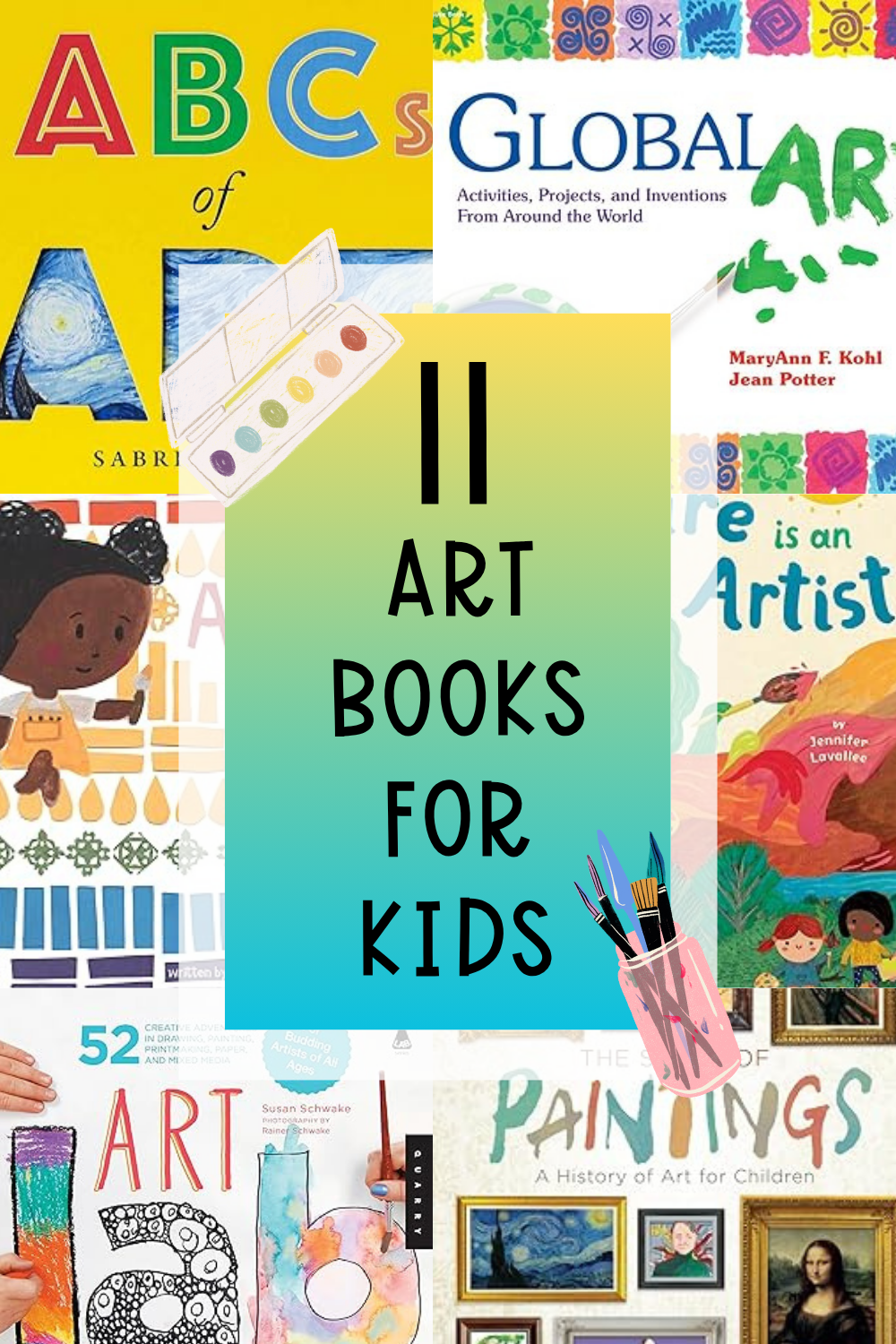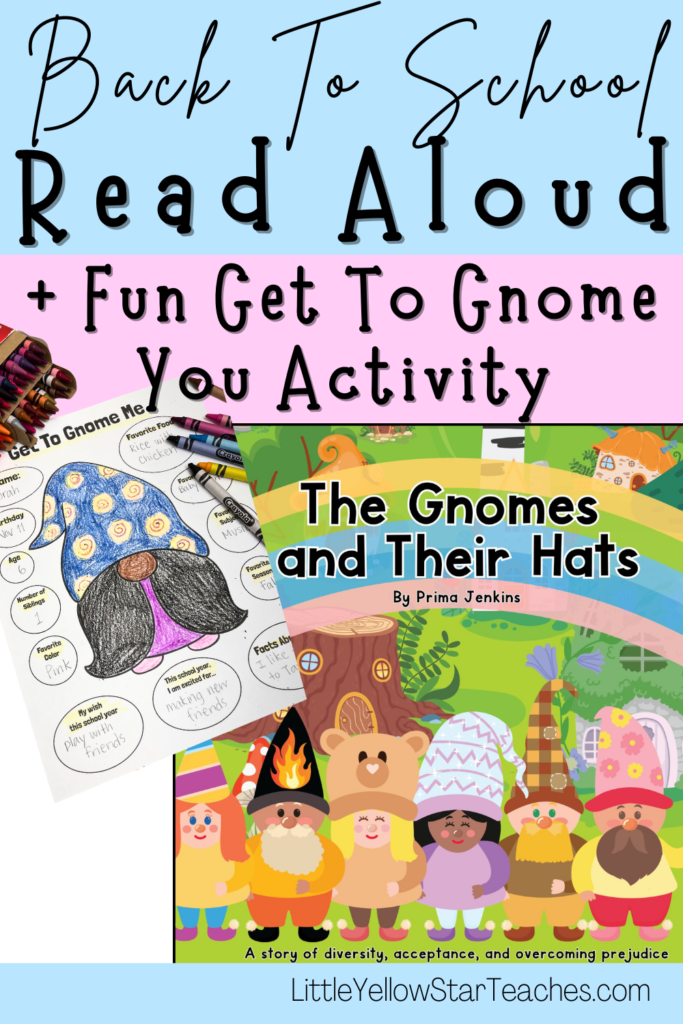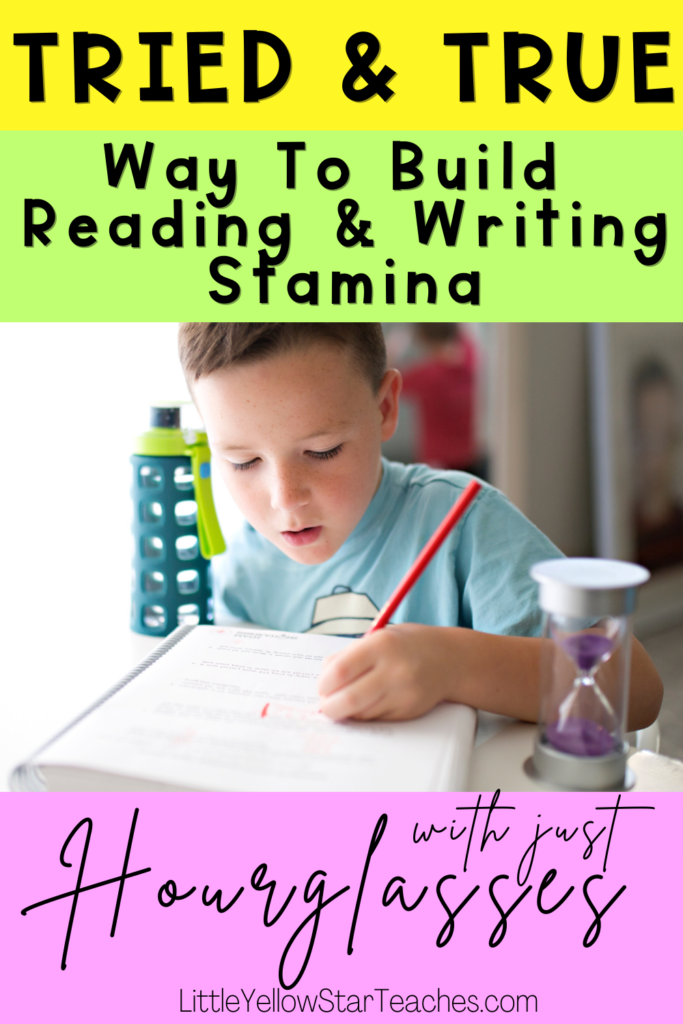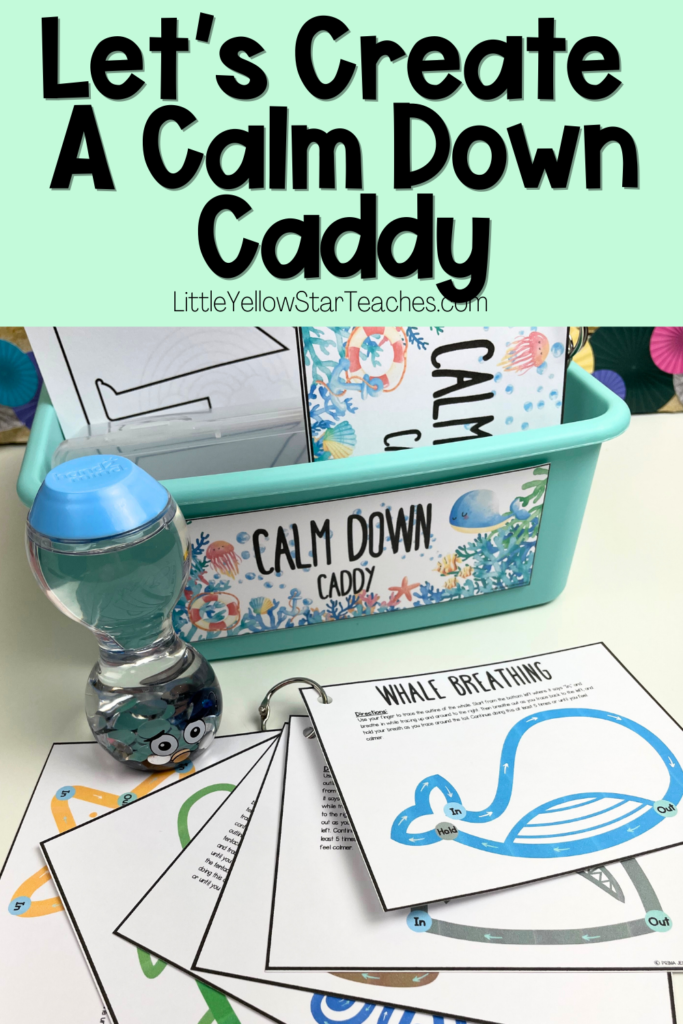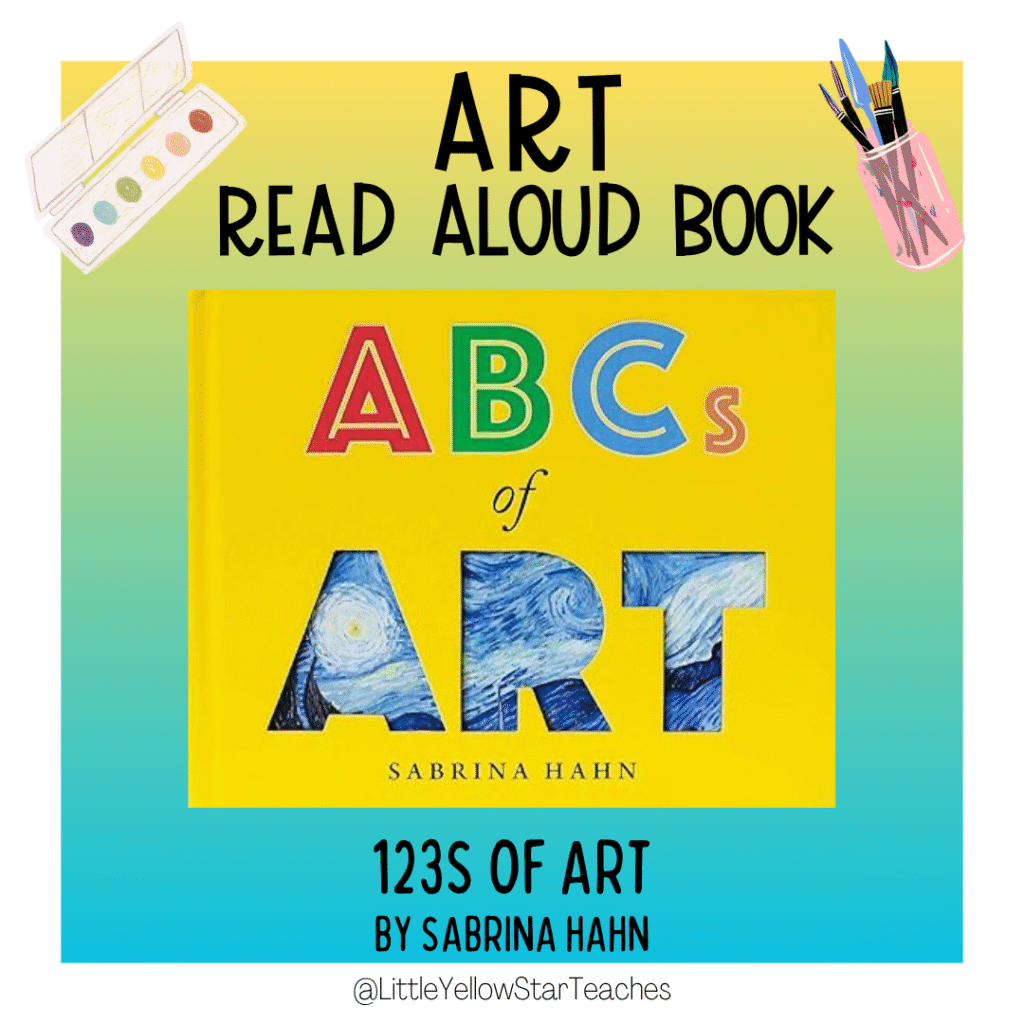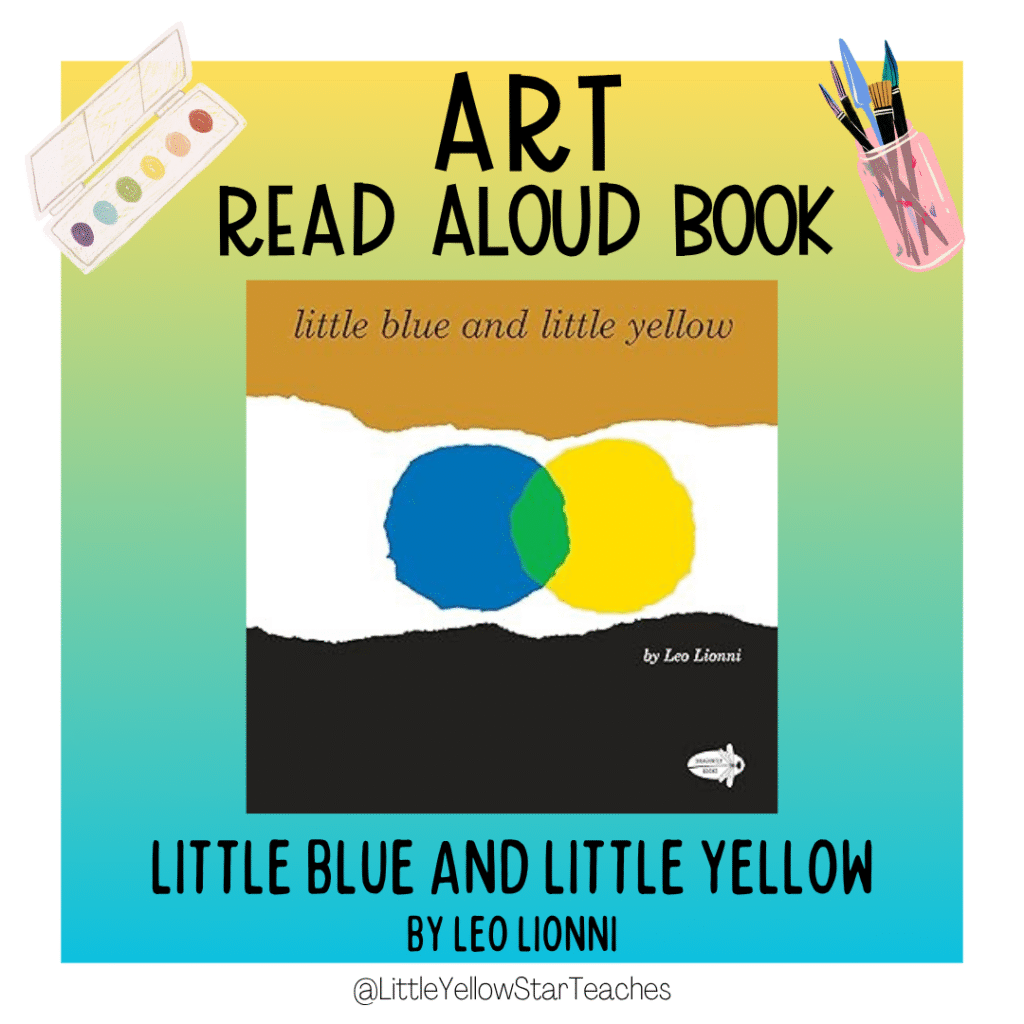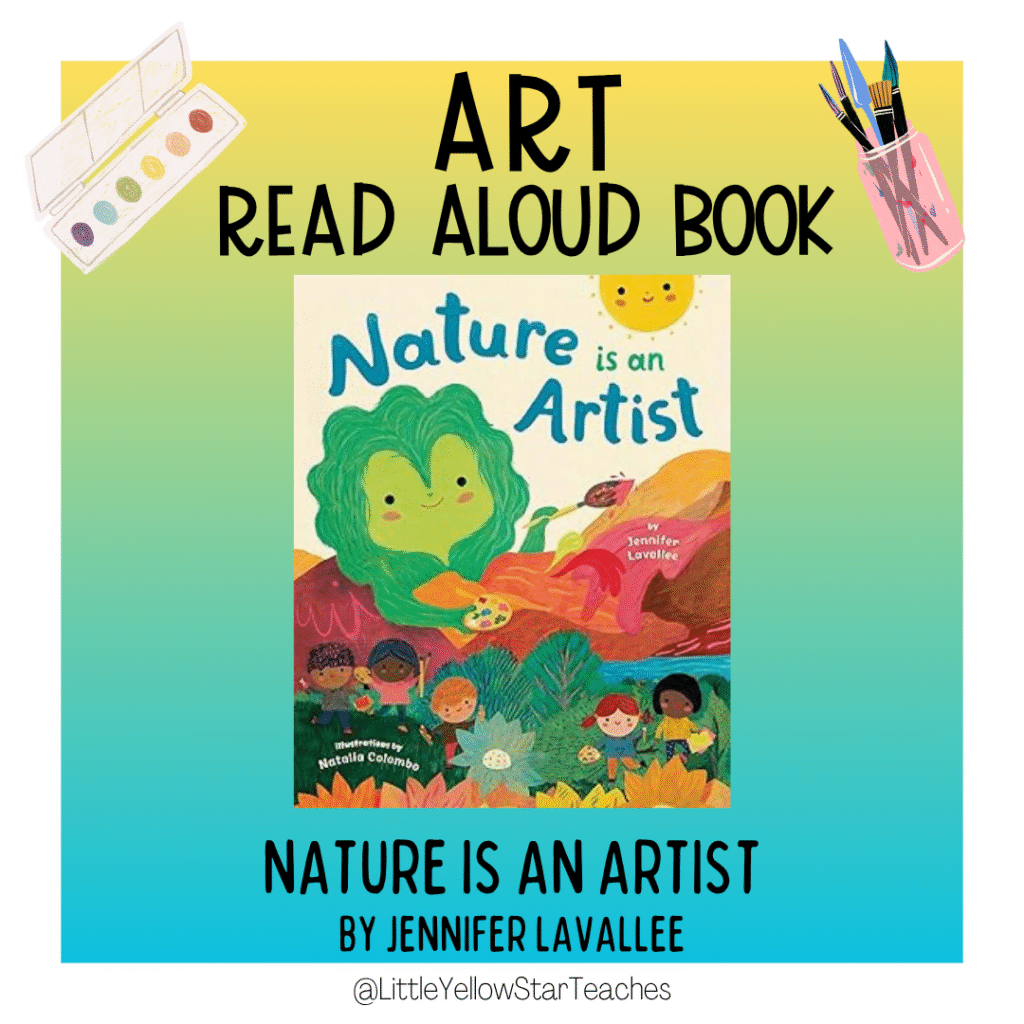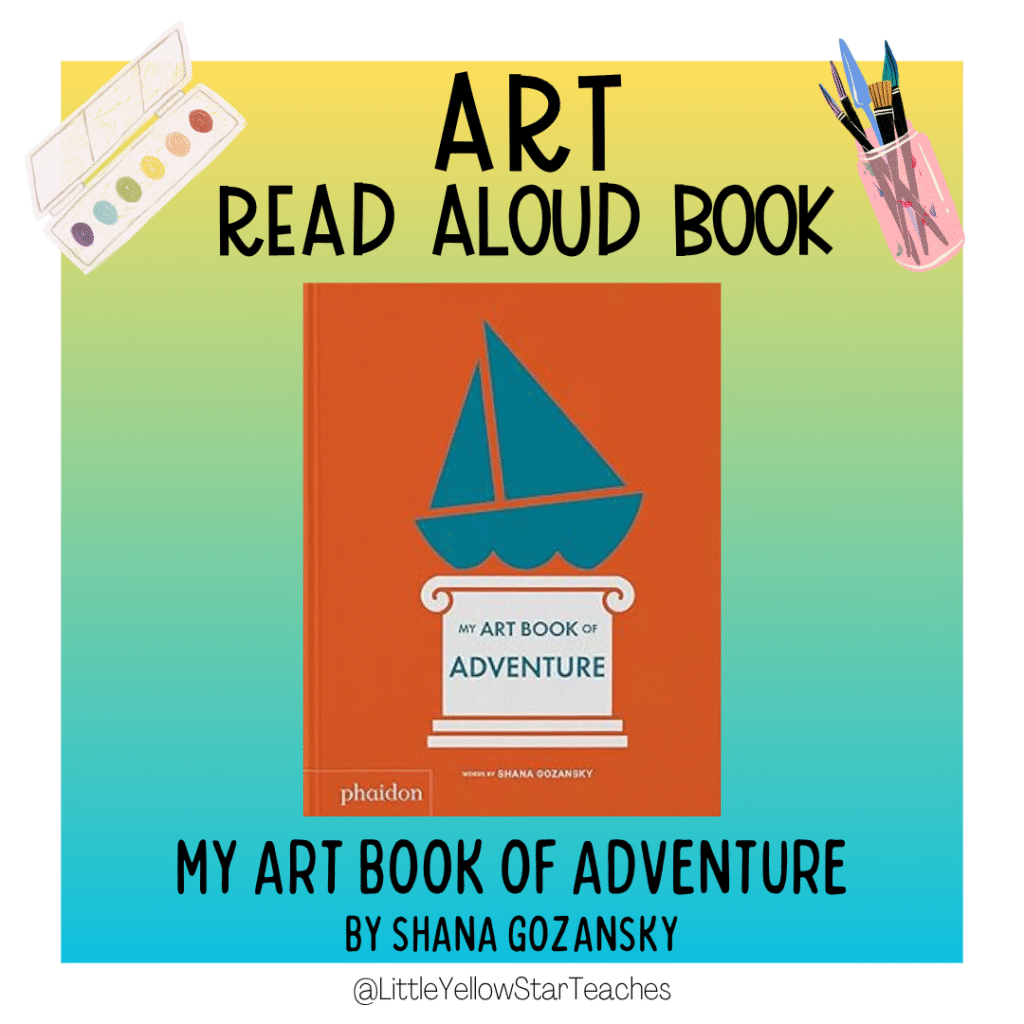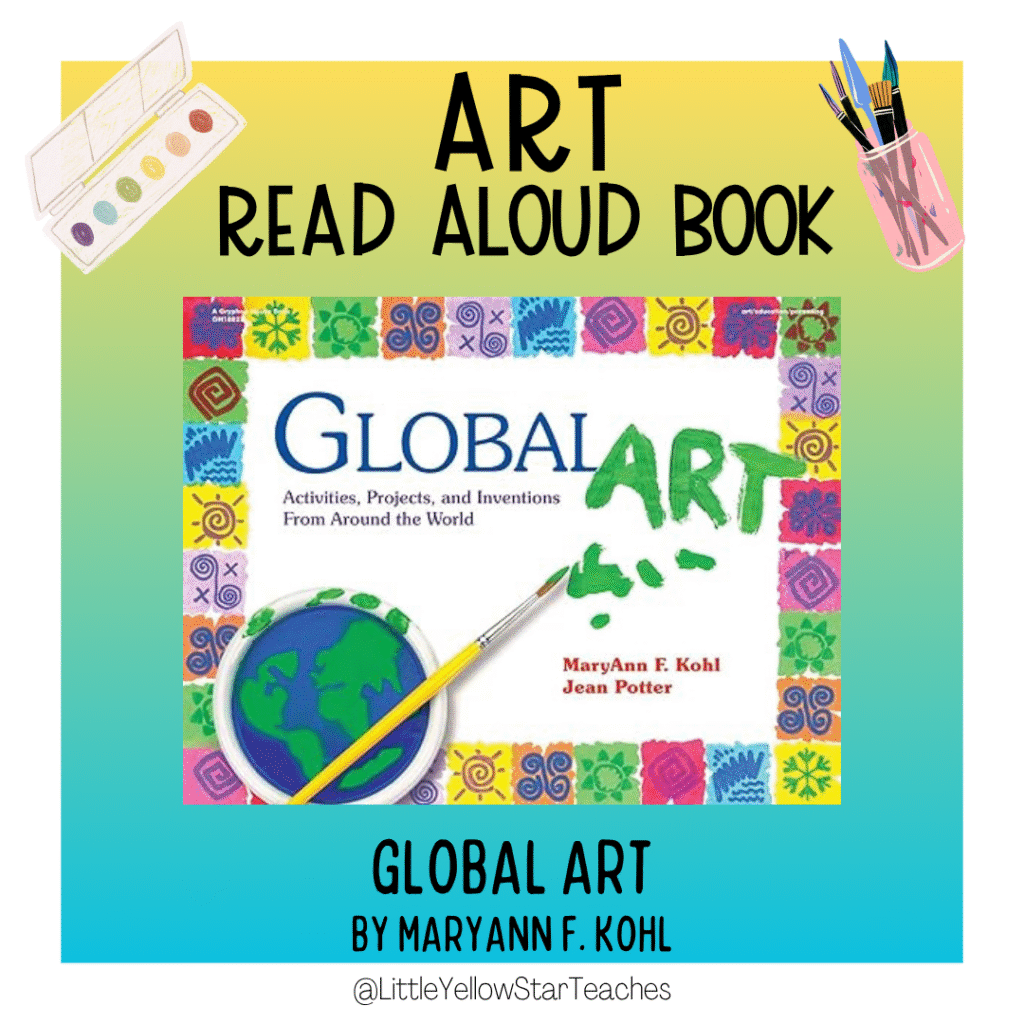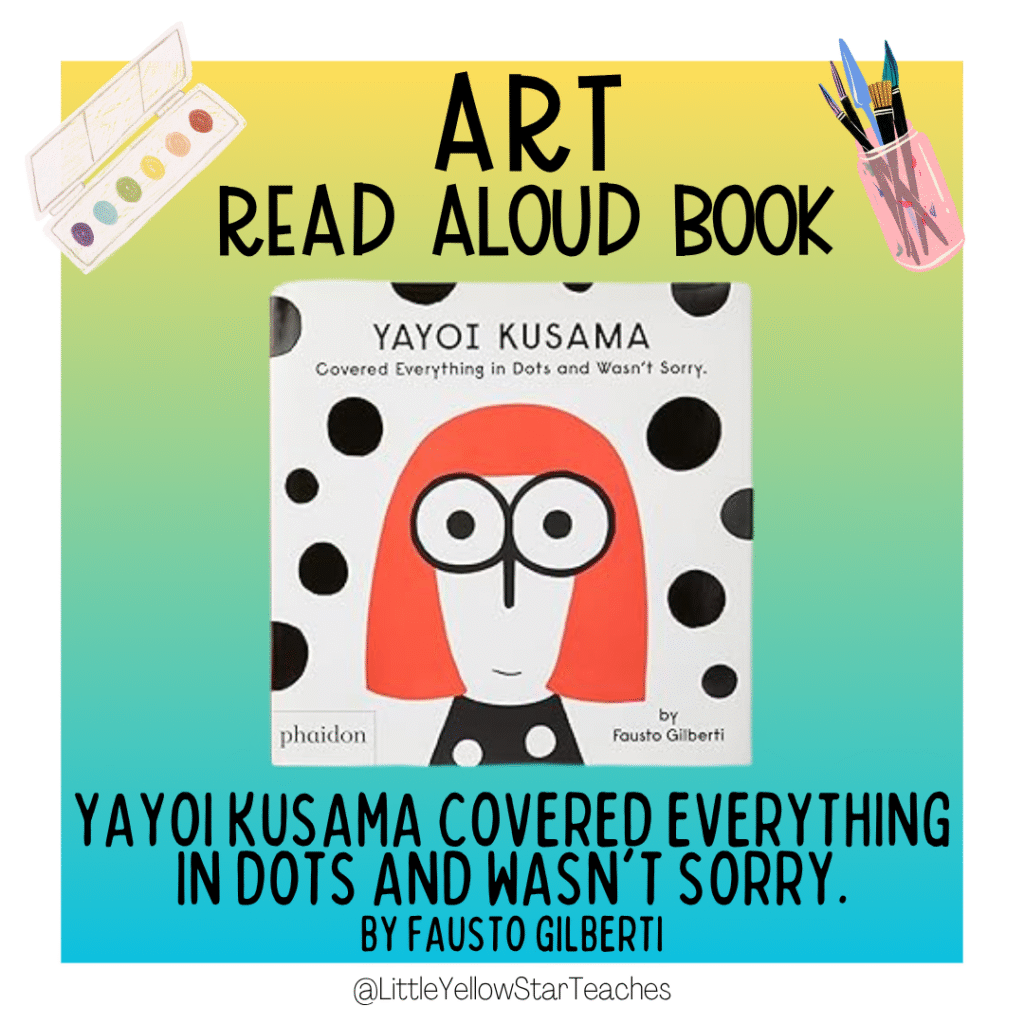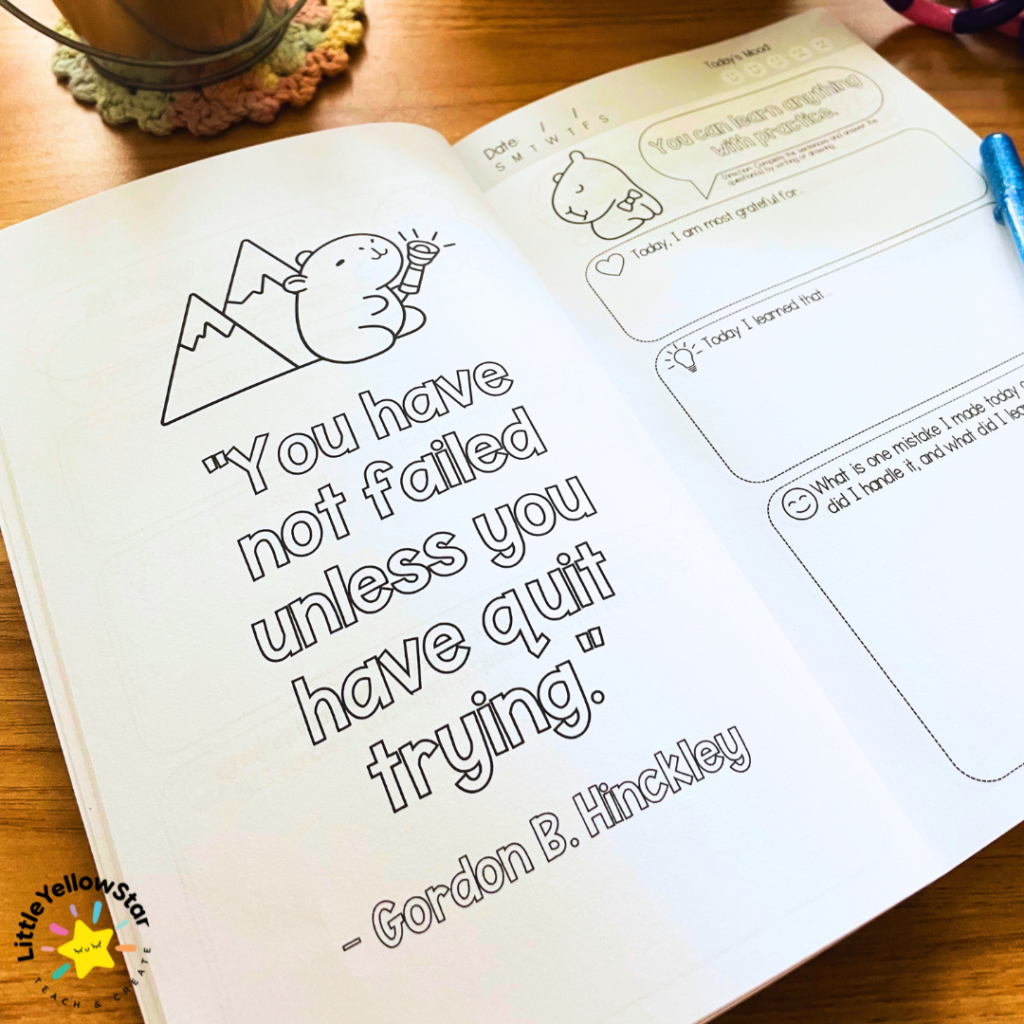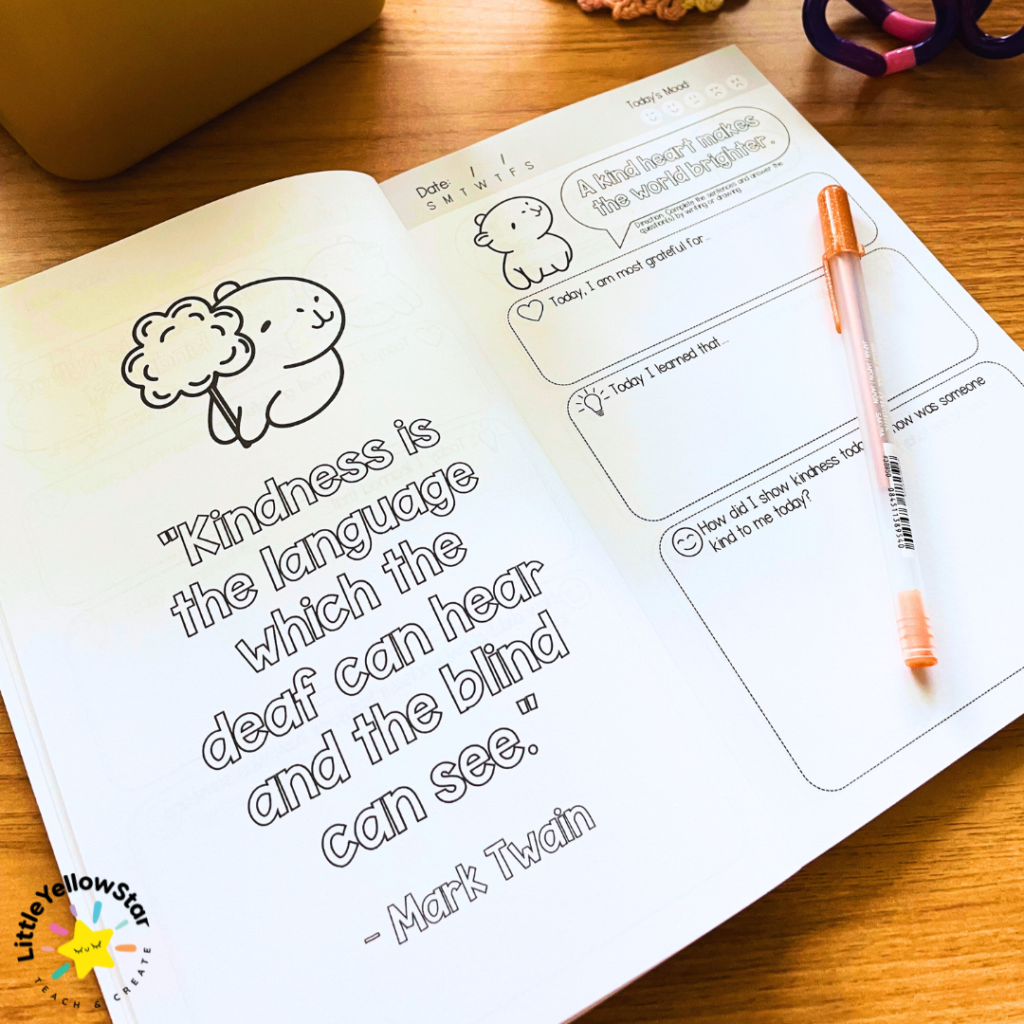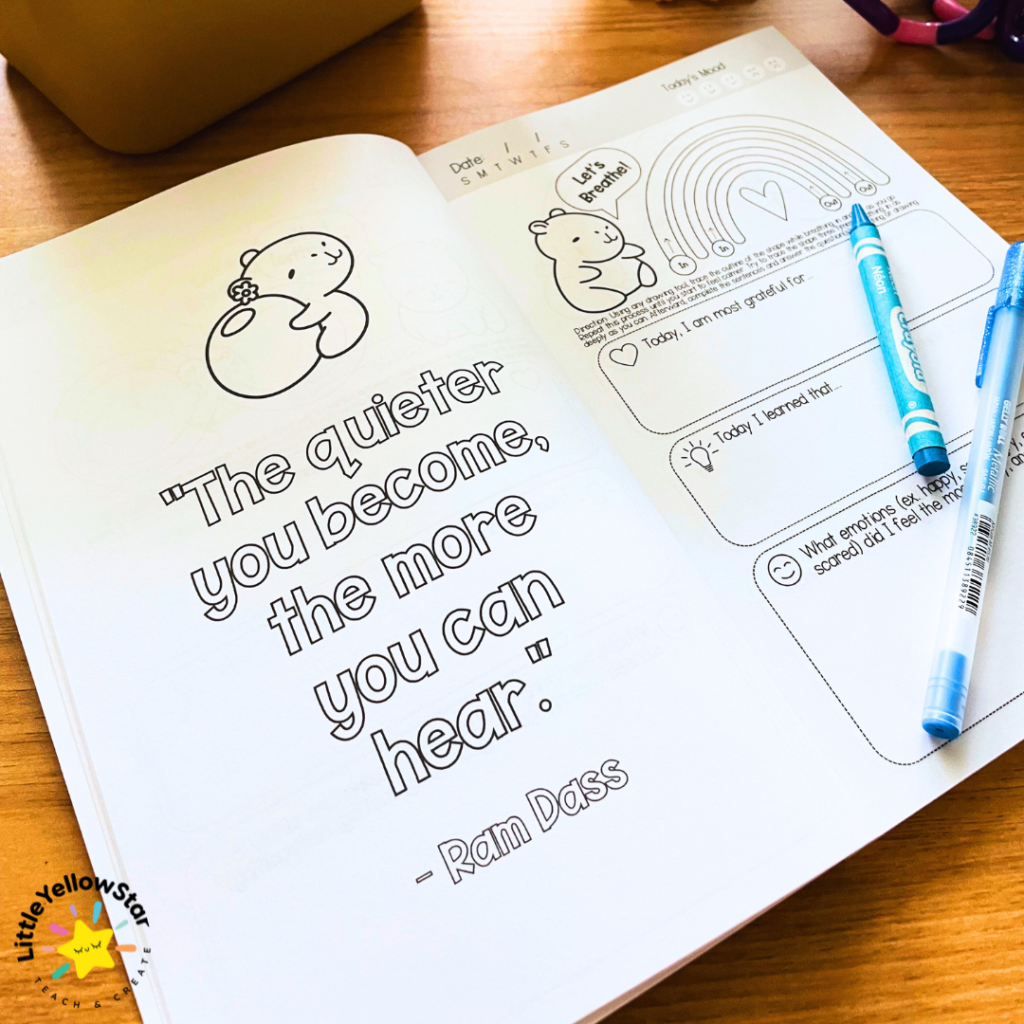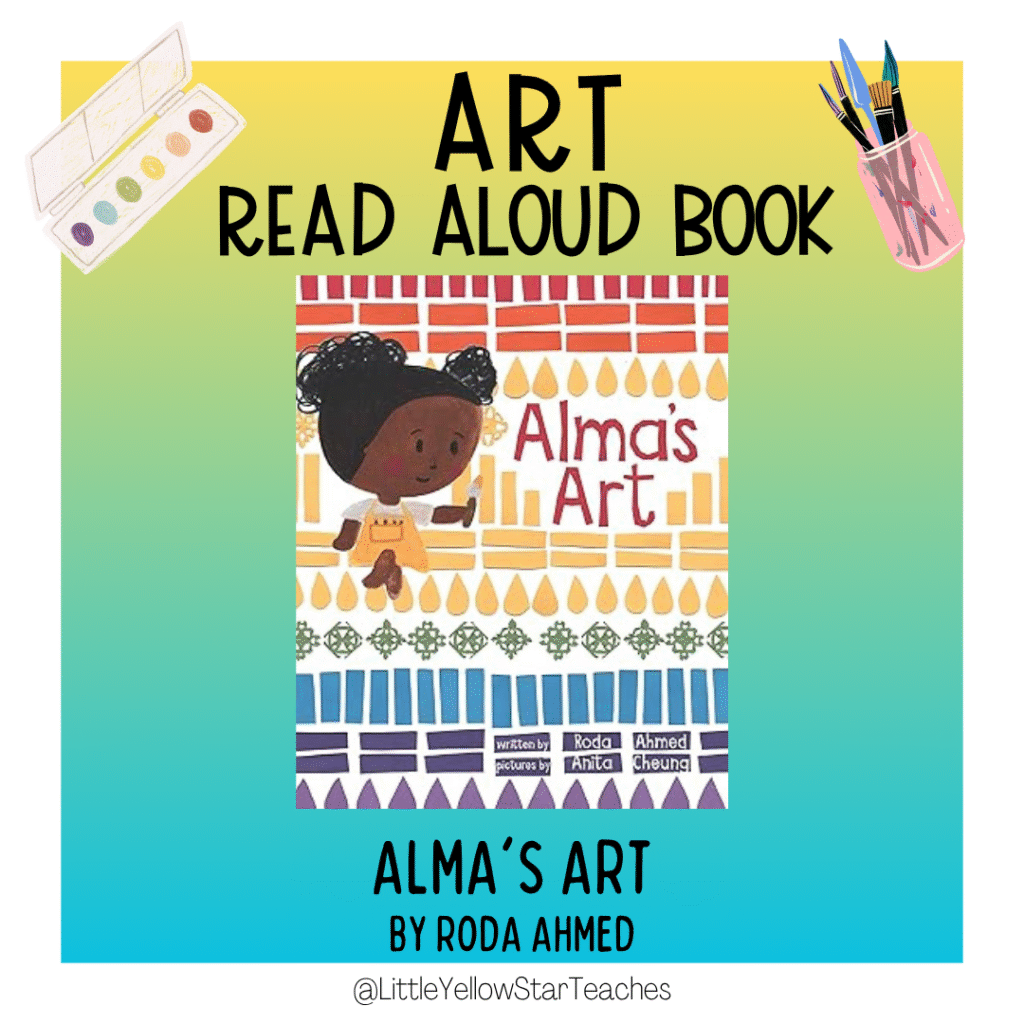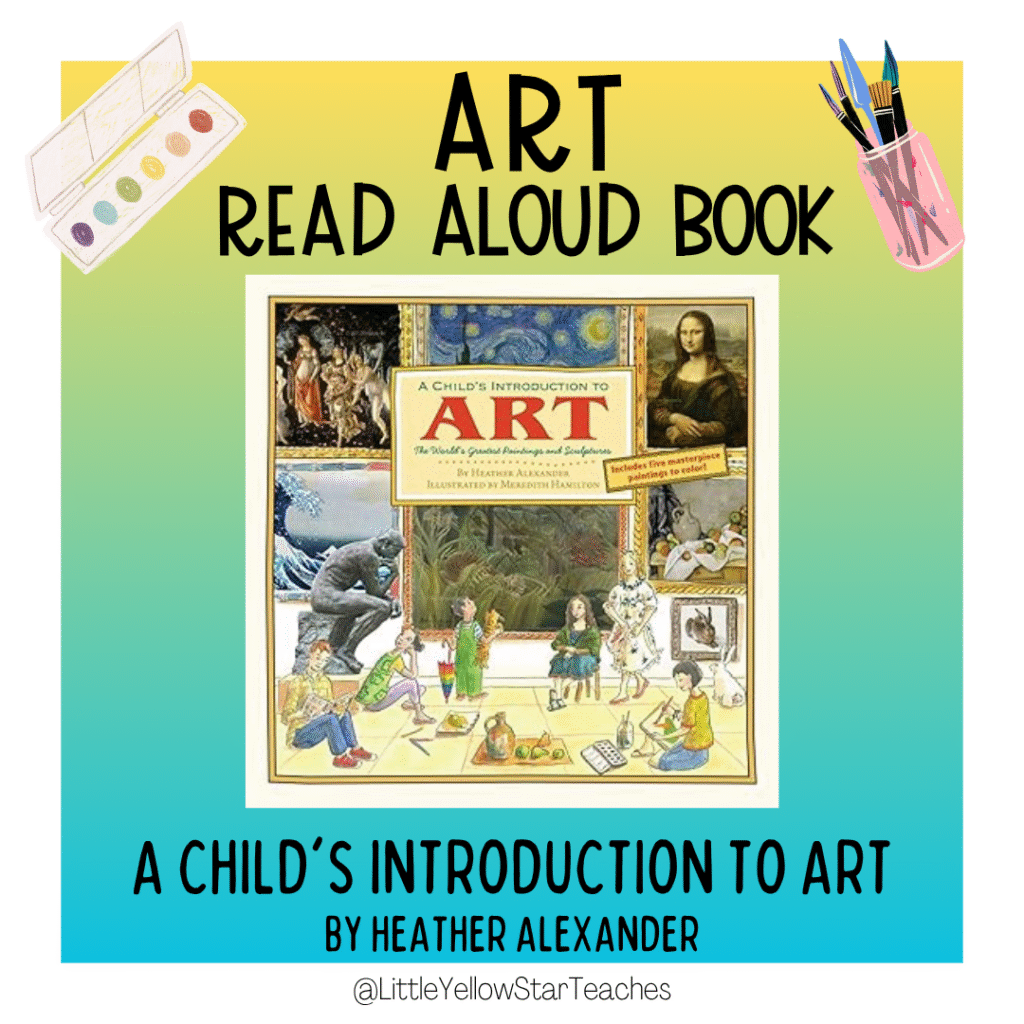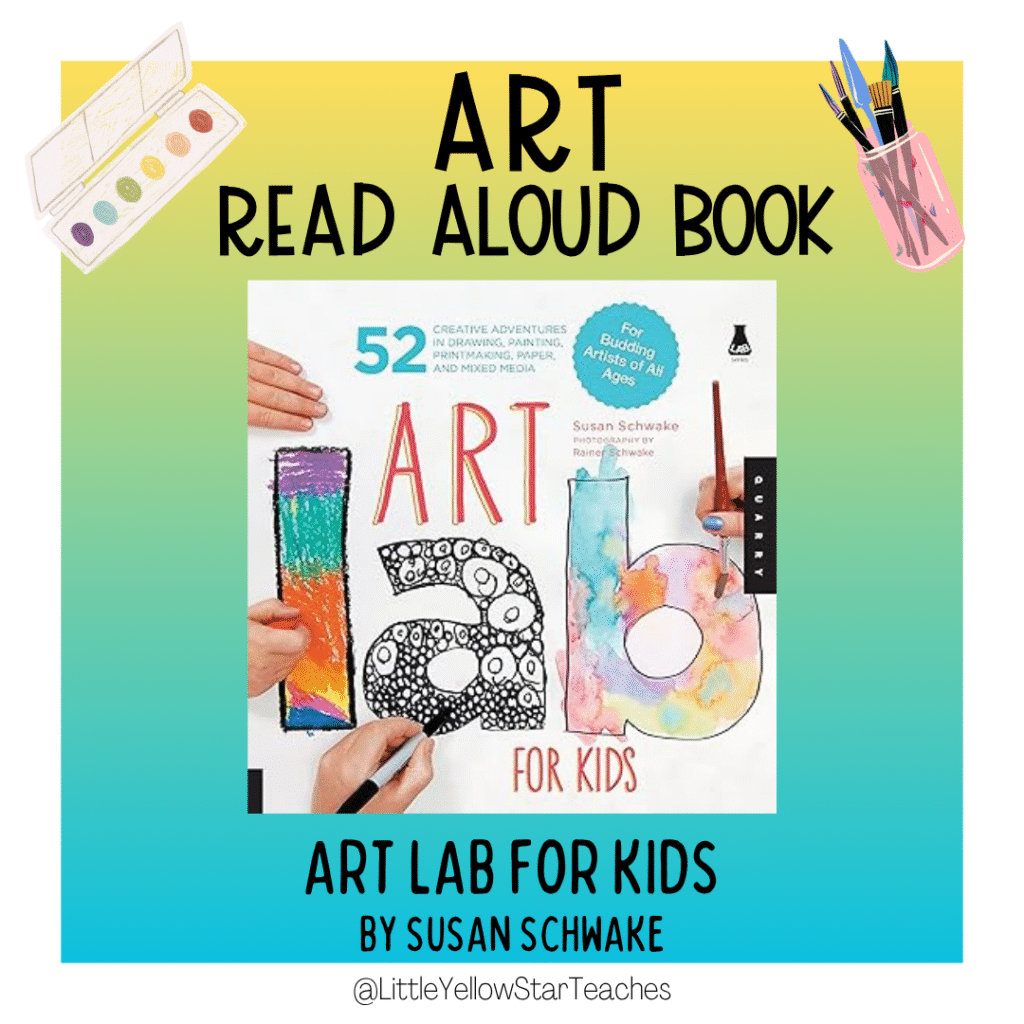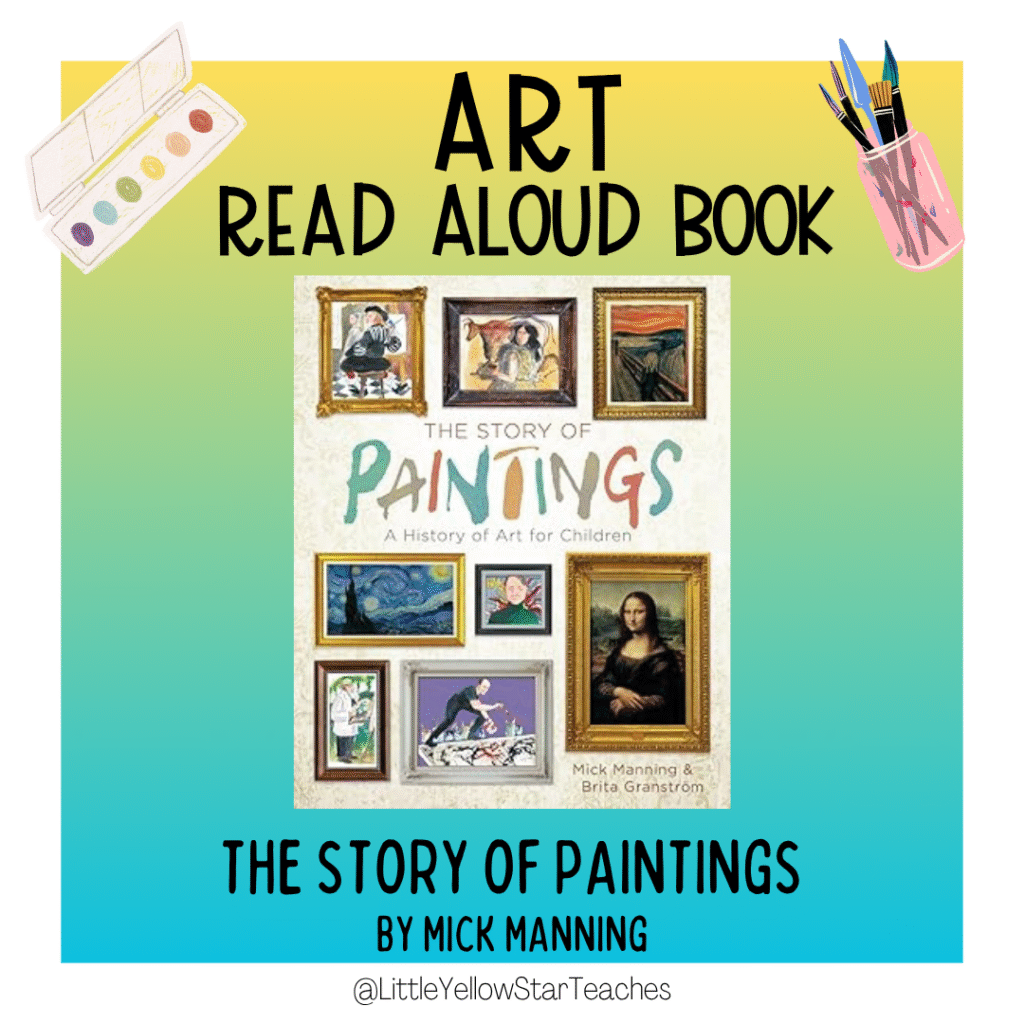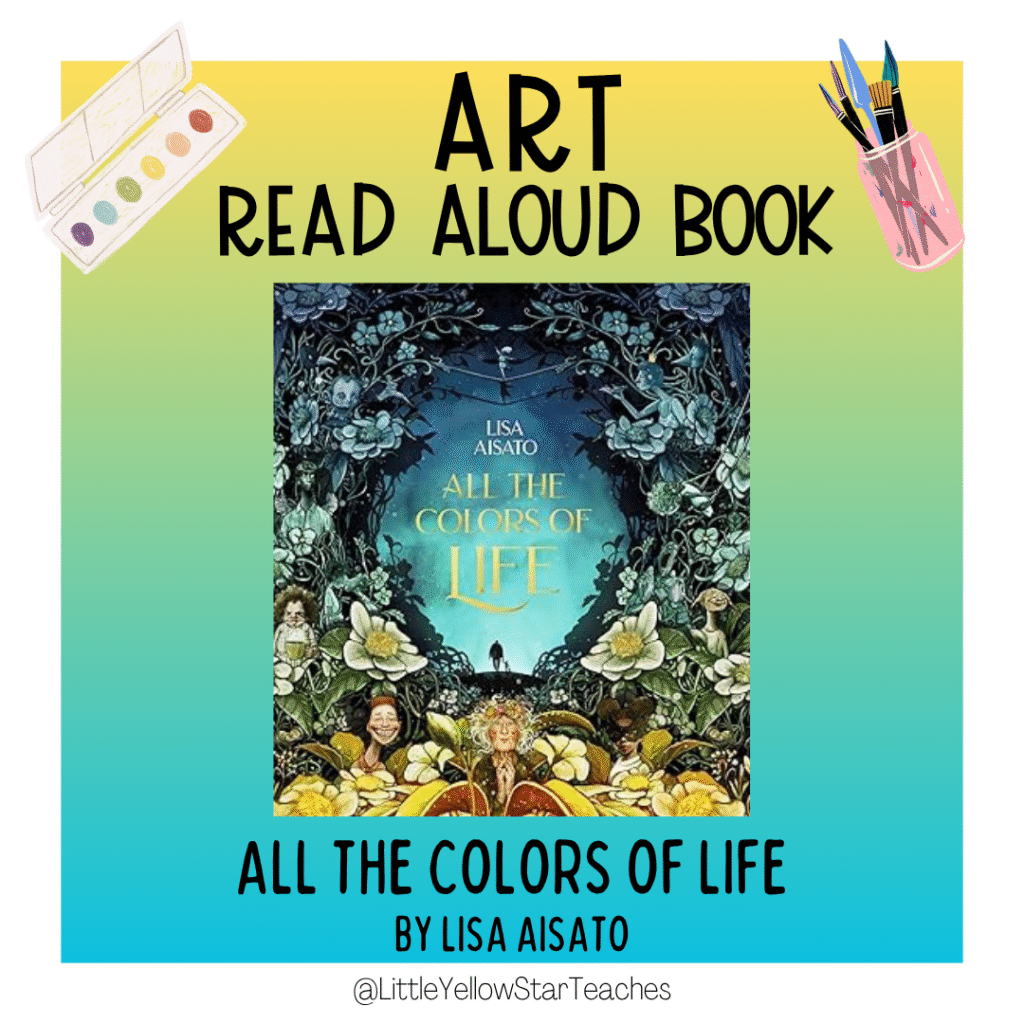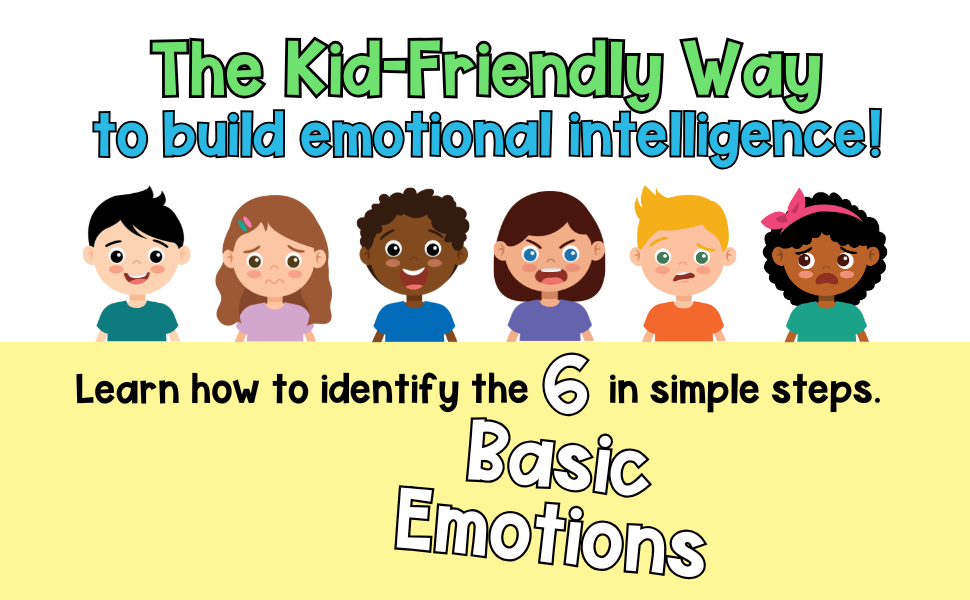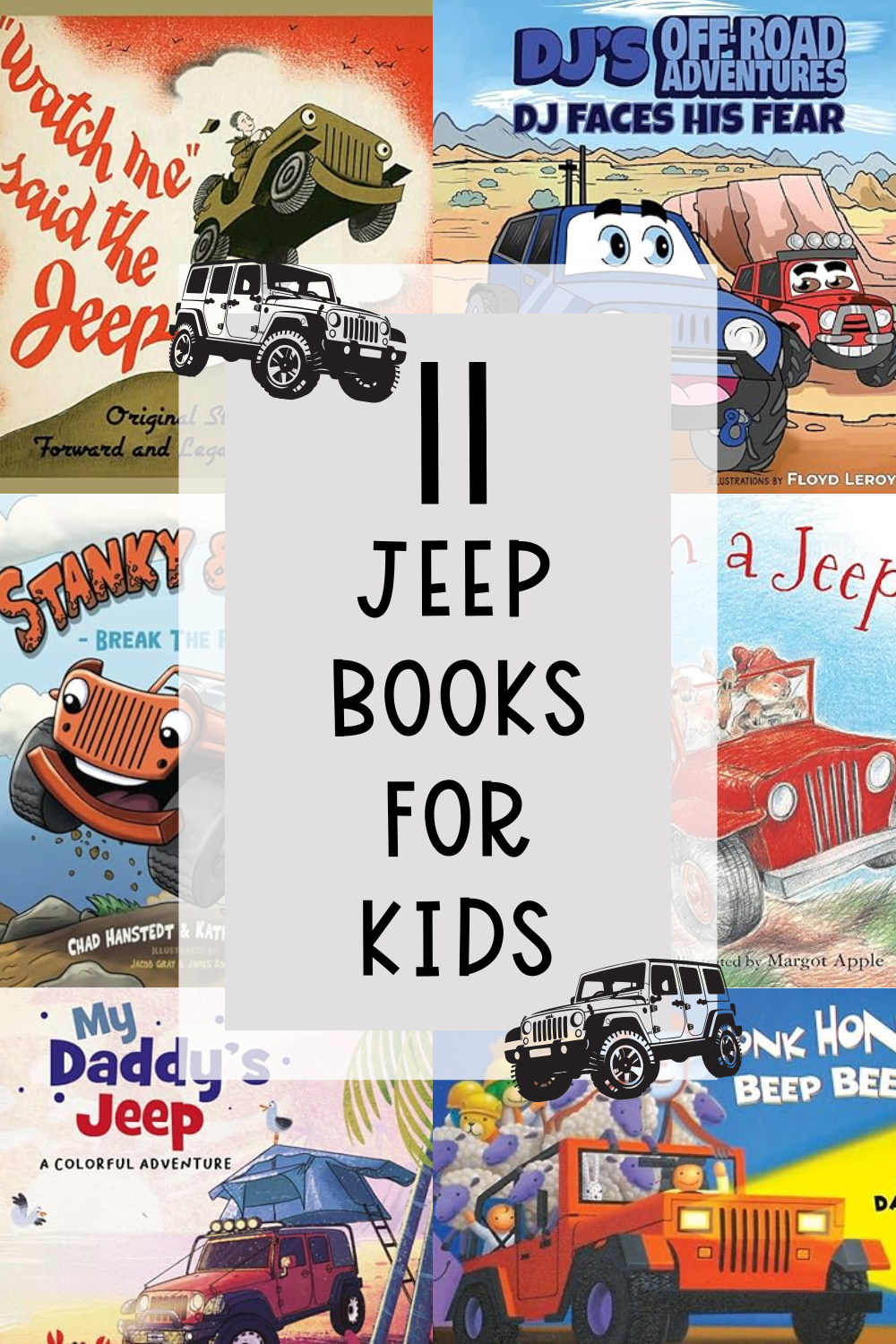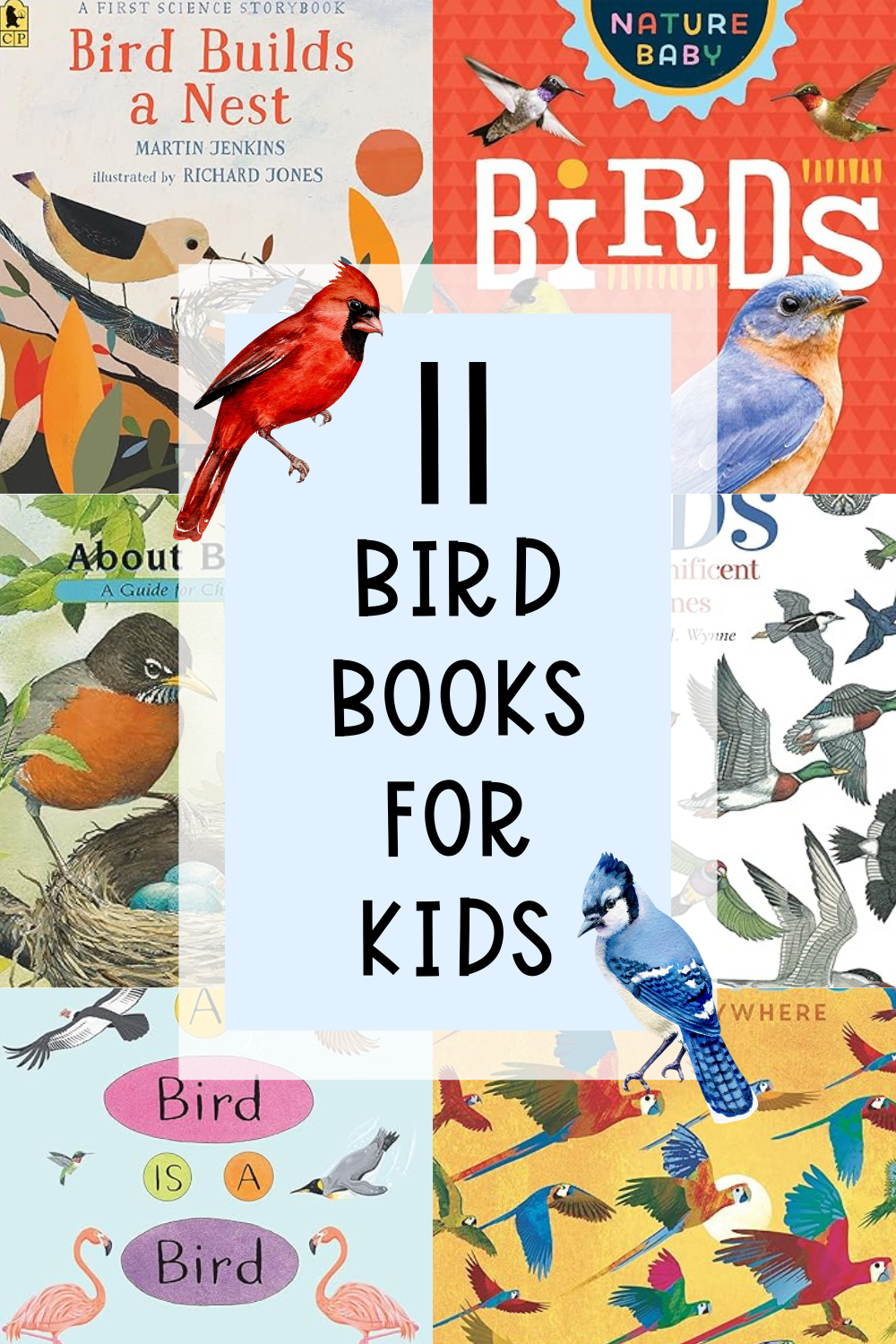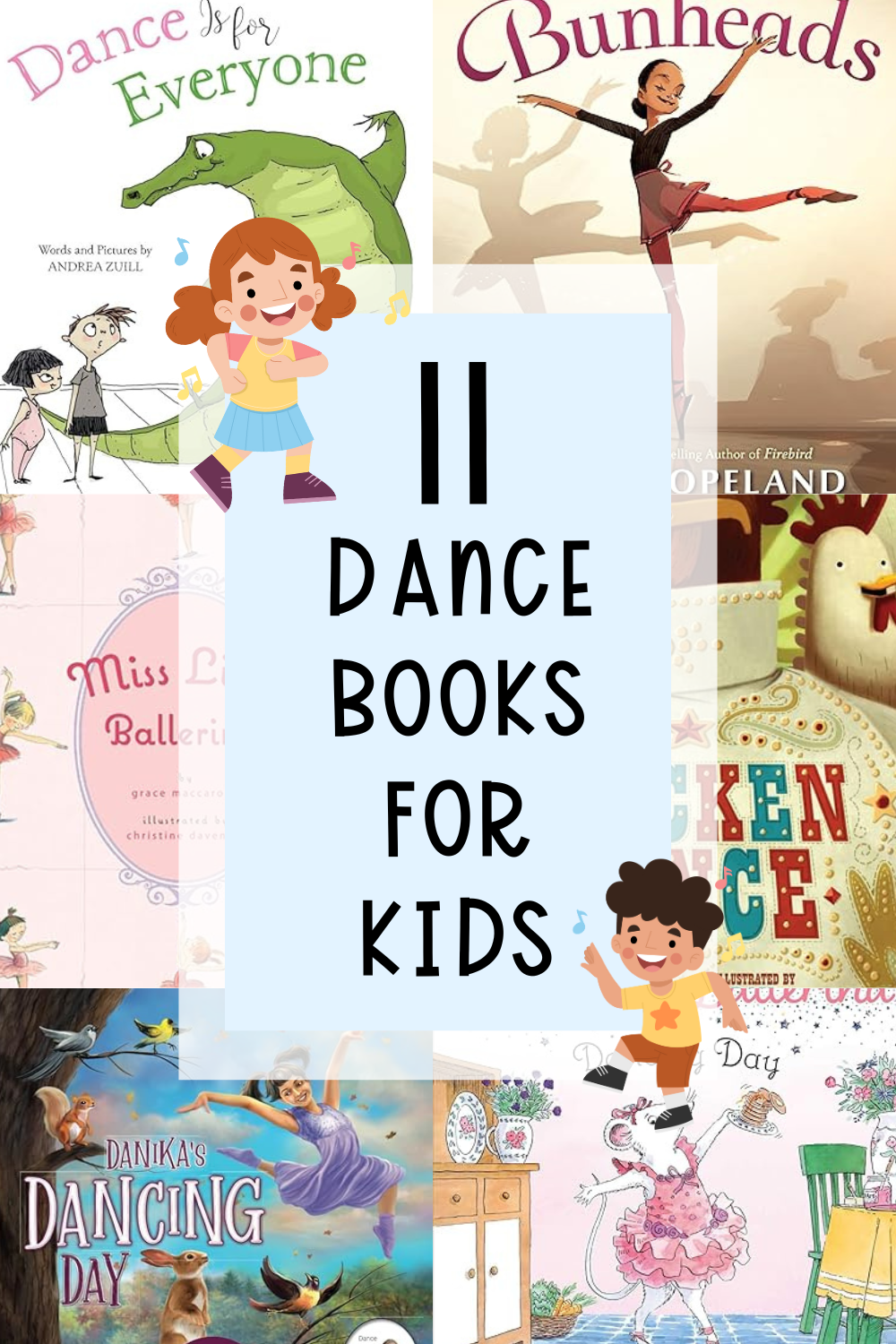Colorful Stories That Spark Creativity, Imagination, and Confidence
Art is one of the most joyful and empowering ways for kids to express themselves. Whether they’re drawing with crayons, painting with fingers, or building with recycled scraps, children love turning ideas into something beautiful. Books about art inspire young readers to explore, create, and believe in their unique artistic voice.
In this post, I’m sharing my favorite art books for kids, organized by age group. I’ve also included creative activities and thoughtful questions to help kids connect with the stories and unlock their inner artist. Let me know which book inspires the most colorful creation in your classroom or home!
***Disclosure: This post contains an Amazon affiliate link that at no additional cost to you, I may earn a small commission when you purchase through the link from my blog. Thank you for your support!
Table of Content
- Why Read Books About Art?
- The Role of Books in Teaching Kids about Art
- 11 Art Books For Children
- What Art Book(s) Are You Going To Read Later?
Why Read Books About Art?
Art books give kids the confidence to try, experiment, and embrace the process—not just the final product.
Through stories about artists, creativity, mistakes, and bold imagination, children learn that art is personal, expressive, and never wrong. These books help them see the world through a creative lens—and understand that their ideas matter.
Reading about art also supports self-expression, emotional development, and a strong sense of identity.
The Role of Books in Teaching Kids about Art
Art books teach kids that creativity comes in many forms—and that everyone is an artist in their own way.
These stories often feature characters who feel unsure about their abilities, who try something new, or who use art to work through big feelings. They encourage a growth mindset, foster originality, and help children see that art is about exploration, not perfection.
Many art books also introduce famous artists, cultural styles, or different art mediums, making them a great foundation for deeper learning.
How to Use Books about Art with Children
Here’s how to bring art books to life beyond the page:
- 🎨 Ask Open-Ended Questions: After reading, ask: What kind of art do you love to make? or What would you create if there were no rules? In class, use Turn and Talk to let ideas and inspiration flow.
- 🖌️ Engage in Art-Themed Activities: Try process art with no instructions, create art based on emotions or music, or use recycled materials for a 3D masterpiece. Let kids illustrate their own stories or recreate a scene from the book in their own style.
- 📚 Refer Back to the Books: During tough moments or creative blocks, revisit stories that encourage perseverance and self-trust. For example, Remember how the character in the book kept trying—even when their art didn’t look how they imagined?
- 👨👩👧 Involve Other Caregivers: Send art books home with simple project suggestions. Encourage families to create an “art station,” do family portraits in fun styles, or visit a local gallery together to see art in new ways.
11 Art Books For Children
Younger Children (Ages 3-6)
#1 “123s of Art” by Sabrina Hahn
This board book introduces children to numbers through famous artworks, blending counting skills with visual literacy.
Thematic Insights: Combines early math with exposure to classic and modern art.
Activity Suggestion: Count and Create – Choose a number, then draw that many of your favorite art elements (dots, lines, shapes).
Discussion Questions:
- Which number page was your favorite and why?
- What kinds of art do you see in the book?
- Can you count art pieces in your home or classroom?
#2 “Little Blue and Little Yellow” by Leo Lionni
A simple story about two friends who blend together, this book introduces ideas of color mixing and friendship.
Thematic Insights: Teaches emotional intelligence through color relationships.
Activity Suggestion: Color Mixing Fun – Use paint or tissue paper to mix blue and yellow into green.
Discussion Questions:
- What happened when the friends hugged?
- How do colors help tell the story?
- Can colors make you feel something?
#3 “Nature is an Artist” by Jennifer Lavallee
This lyrical book shows how elements of nature can inspire art, from textures to colors to patterns.
Thematic Insights: Encourages creativity and mindfulness through outdoor observation.
Activity Suggestion: Nature Collage – Collect leaves, twigs, or flowers and create a textured piece of art.
Discussion Questions:
- How does nature create beautiful things?
- What did you notice in the illustrations?
- Can you find art outside where you live?
Lower Elementary Children (Ages 7-9)
#4 “My Art Book of Adventure” by Shana Gozansky
Pairs fine art with themes of adventure and wonder to inspire children to explore.
Thematic Insights: Connects emotions and stories to classic artworks.
Activity Suggestion: Story Starter – Choose one art piece from the book and write or tell a short adventure story about it.
Discussion Questions:
- Which piece made you feel excited?
- What adventure would you go on?
- How does art tell a story?
#5 “Global Art” by MaryAnn F. Kohl
A collection of hands-on art projects from around the world, celebrating cultural diversity through creativity.
Thematic Insights: Encourages respect for global traditions and artistic expression.
Activity Suggestion: Try a New Technique – Choose a project from another country and make your own version.
Discussion Questions:
- What materials did you use?
- How is this art different from what you usually make?
- What did you learn about another culture?
#6 “Yayoi Kusama Covered Everything in Dots and Wasn’t Sorry.” by Fausto Gilberti
This biography introduces kids to the life and style of Yayoi Kusama, known for her dots and bold designs.
Thematic Insights: Celebrates individuality, creativity, and persistence.
Activity Suggestion: Dot Art Explosion – Cover a sheet of paper with dots in as many colors and sizes as you can.
Discussion Questions:
- Why did Yayoi Kusama love dots?
- How did she express herself?
- What makes your art style unique?
Check Out Capybara-Theme Daily Reflection Journals For Kids!
#7 “Alma’s Art” by Roda Ahmed
Alma loves to paint but struggles with perfection. Through trial and error, she learns to trust her creativity.
Thematic Insights: Encourages self-expression and overcoming self-doubt.
Activity Suggestion: Create Without Erasing – Make a piece of art and let every mark stay as it is.
Discussion Questions:
- What does Alma learn about art?
- How did her feelings change in the story?
- What helps you feel confident when creating?
Upper Elementary Children (Ages 9-11)
#8 “A Child’s Introduction to Art” by Heather Alexander
This comprehensive guide introduces kids to famous artists and art movements with activities and fun facts.
Thematic Insights: Builds foundational art appreciation and history knowledge.
Activity Suggestion: Artist of the Day – Pick one artist and create a piece in their style.
Discussion Questions:
- Which artist do you like the most?
- What makes different art styles unique?
- How would you describe your own art style?
#9 “Art Lab for Kids” by Susan Schwake
A guide with 52 creative art lessons that encourage experimentation and practice.
Thematic Insights: Fosters hands-on learning and artistic confidence.
Activity Suggestion: Try a Weekly Art Lab – Follow one lab each week and build an art habit.
Discussion Questions:
- What new tools or materials did you try?
- How did you feel during the process?
- What do you want to explore next?
#10 “The Story of Paintings” by Mick Manning
Chronicles the history of painting through time, from cave art to modern masterpieces.
Thematic Insights: Shows how art evolves with culture and technology.
Activity Suggestion: Art Timeline – Draw your own timeline with art styles from different time periods.
Discussion Questions:
- What is the oldest art you saw?
- How has art changed over time?
- What kind of art do you want to make?
#11 “All The Colors of Life” by Lisa Aisato
A stunning picture book that captures the colors and emotions of a lifetime.
Thematic Insights: Explores life’s journey through vivid imagery and emotion.
Activity Suggestion: Color Emotion Chart – Use colors to show different feelings and stages of life.
Discussion Questions:
- How did the colors make you feel?
- What part of life did you connect with most?
- What colors would you use to tell your own story?
Grab these free resources to make your teaching life easier!
What Art Book(s) Are You Going To Read Later?
Art books for kids open the door to endless imagination, color, and confidence. Whether your reader is an aspiring painter, a curious scribbler, or someone just learning to love art, these books remind them that creativity belongs to everyone.
Which art-themed book will brighten your shelf next? Tag me on Instagram @LittleYellowStarTeaches and share your favorite books, student art, or creative moments!
Happy reading!
Prima at LittleYellowStar
* * *

